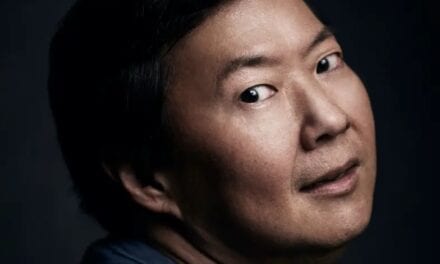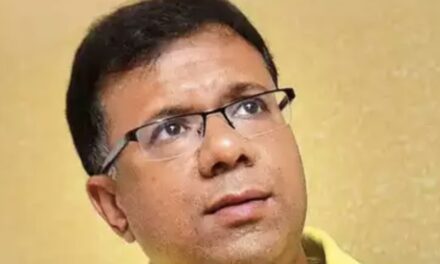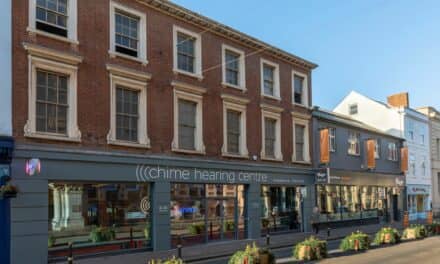Cochlear assembled a team of hearing experts to emphasize the importance of hearing health for policy makers at the Australian Embassy in Washington D.C. ahead of World Hearing Day on Sunday, March 3.
The event introduced ways to educate not only those in attendance, but the public, to better understand hearing, how it changes over time, and the importance of treatment, including the introduction of the Hearing Number by Frank Lin, MD, PhD, director, Cochlear Center for Hearing and Public Health, Johns Hopkins Bloomberg School of Public Health.
Echoing Lin’s education messaging, panelist Barbara Kelley, executive director of The Hearing Loss Association of America (HLAA) spoke about changing mindsets, urging Americans to protect hearing in noisy environments, check their hearing with regular exams, and to treat hearing loss as soon as possible.
The sentiment of the importance of understanding how hearing effects healthy aging was highlighted by the moderator of the event, Brian Kaplan, MD, SVP, global clinical strategy & innovation at Cochlear, Chairman of the Department of Otolaryngology, and director of the Cochlear Implant Program at the Greater Baltimore Medical Center.
“If left unaddressed, hearing loss poses significant challenges to overall health and can be progressive, leading to greater hearing loss over time. Research has shown untreated hearing loss is connected to increased social isolation and loneliness, balance issues and risk for falls, and there’s emerging evidence associating untreated hearing loss with diminished brain health and mental sharpness as well,” Kaplan says.
Someone who knows all too well the impact of hearing loss and is passionate about educating others on the help he received is Lawrence Burns, the former VP of R&D and Planning for General Motors who suddenly lost his hearing in 1992 and was a panelist at the event who talked about the importance of his hearing treatment with cochlear implants.
“I could feel myself slowly isolating more and more after I lost my hearing. It got to the point where I wouldn’t go out to dinner with my family because it was just too hard and I was often questioning if I would ever reach my full potential,” Burns says. “After I took action and received my first cochlear implant in 1993, my life absolutely changed for the better. It helped me get back to fully engaging all aspects of my life from work to family, to basic tasks. The biggest impact that I can reflect on now is that it gave me my independence back, which I will never take for granted.”
The event at the Australian Embassy opened with remarks from Cochlear Americas President Lisa Aubert.
“There are too many people out there suffering that don’t know there are treatments available to bring them back into the hearing world. Assembling this group today is one step to bringing awareness and action to this issue. We hope the introduction of the Hearing Number will better equip the public with the necessary tools to assess their hearing and seek treatment when needed,” Aubert says. “Our goal and what we challenge those here today to do is implement a standard of care and peer support, ensuring equitable access to treatment and care for every child and adult with hearing loss to improve their quality of life.”
Featured image: (From left to right) Lisa Aubert; Brian Kaplan, MD; Barbara Kelley; Lawrence Burns; Frank Lin, MD, PhD. Photo: Cochlear.




